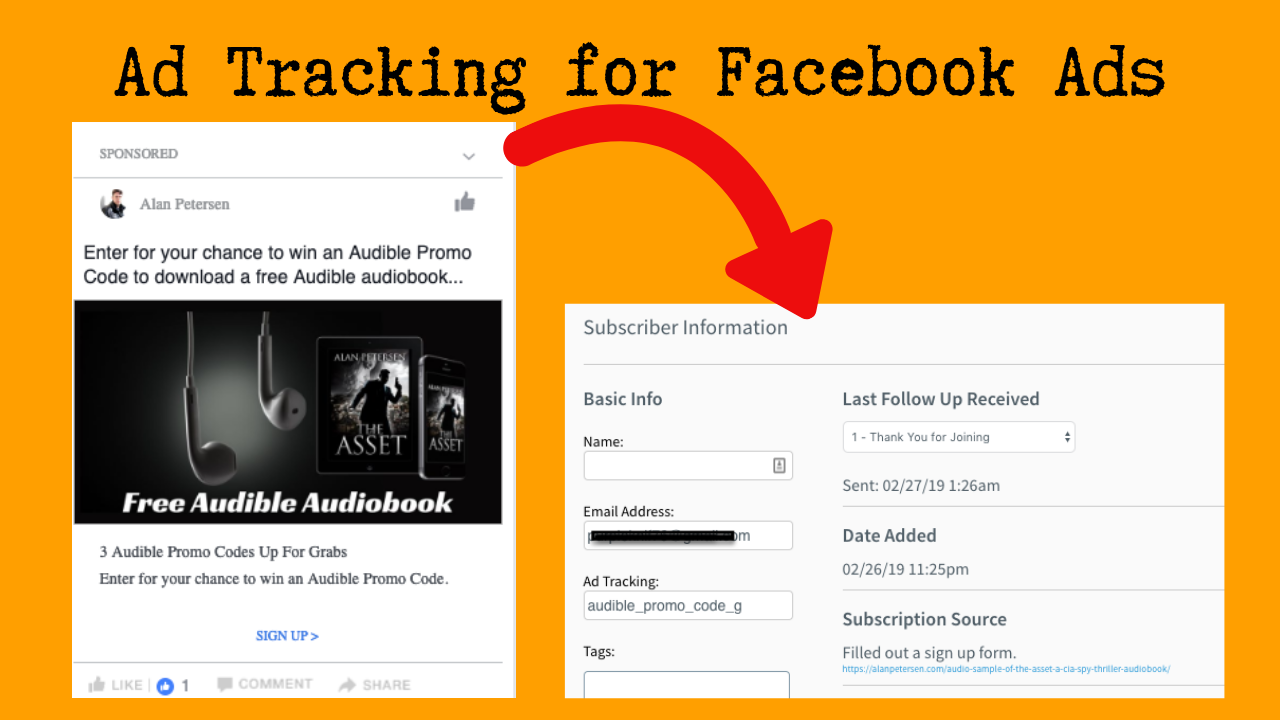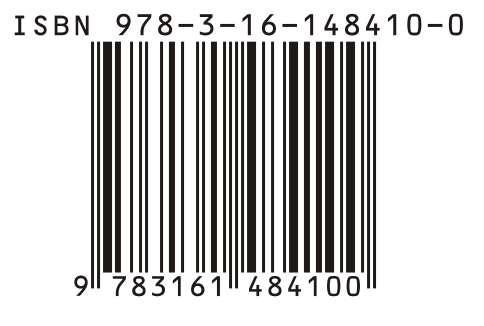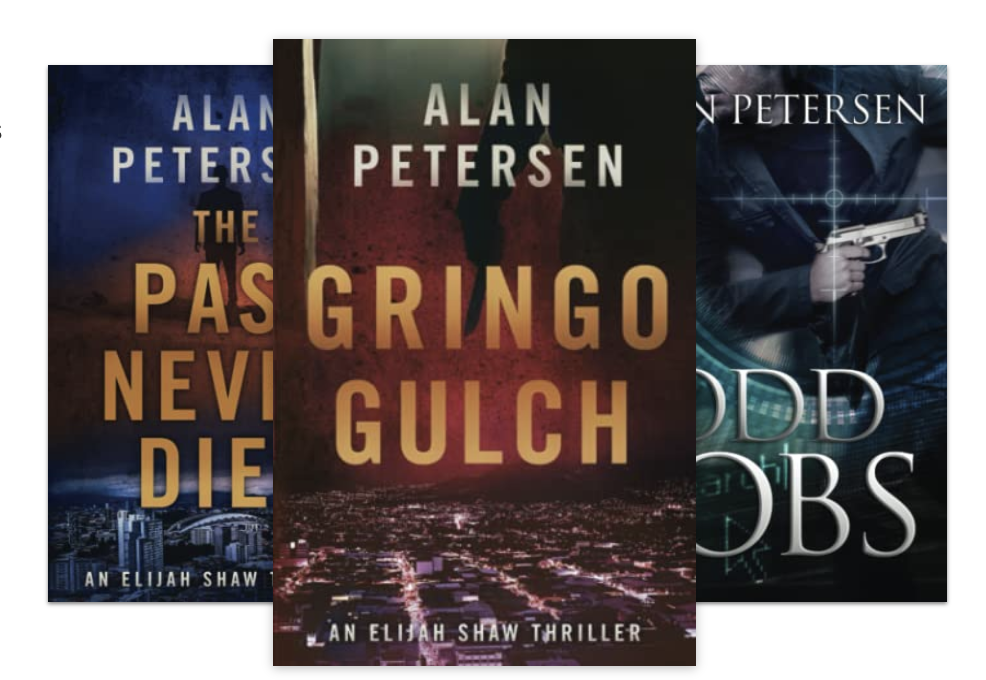I have been very impressed with the overwhelming positive feedback from indie authors who have published an audiobook version of their books. It’s a great way to open up to an entire new marketplace and a phenomenal way of adding another title for sale without having to write 80,000+ new words. 🙂
As of this writing, my book, The Asset, is being produced into an audiobook. I used Amazon’s ACX (Audiobook Creation Exchange) and in the next few posts I will be walking you through the entire process of creating my audiobook.
Why ACX?
 ACX is an Amazon company. As explained on their website: ACX is a marketplace where professional authors, agents, publishers, and other Rights Holders can post audiobook rights.
ACX is an Amazon company. As explained on their website: ACX is a marketplace where professional authors, agents, publishers, and other Rights Holders can post audiobook rights.
Quiet simply, they connect authors with voice over talent. You start by claiming the audio rights to your book. It’s a simple process that just takes a couple minutes. By doing this you’re granting the right to distribute the audiobook as per the ACX agreement for 7 years. You can read ACX Posting Agreement here.
There are two types of ACX distribution agreements (detailed in the ACX posting agreement). Exclusive and non-exclusive, the royalty payments are higher for exclusive, which means your audiobook will be available for sale on Audible, Amazon.com, and iTunes. After doing some research and talking with a well-known narrator, I went with exclusive. That covers the big three (Audible, Amazon.com, iTunes). The other marketplaces for audiobooks are so small that it’s not worth getting the smaller royalty rate.
Once this step is done, you’re free to post your book details on ACX and open it up to auditions. You can also search ACX for narrators to invite to audition. But there is a lot to consider, before that.
Cost
My initial reluctance of producing an audiobook version of The Asset was the cost. I just assumed it would be cost prohibitive to even consider it. Enter ACX. They offer two ways to pay for producing your audiobook:
- You can make an offer to a narrator to produce your audiobook by making them an offer. If the Producer accepts the Offer, you have a deal on ACX. This is one off payment for the narration/production work.
- You can offer a royalty split. That means the narrator agrees to produce the audiobook without charging you a fee for that work, instead they’ll get 50% of your royalty payments for seven years.
Possible third option: I have heard from other authors that they went with a hybrid deal (a fixed amount upfront then a royalty split). So you’re not just limited to these two options. You can negotiate with the narrator.
 Which Option is Best?
Which Option is Best?
You’re the only one who can answer that question for your situation, but I’ll walk you through my decision.
The royalty split was very tempting (very, very tempting). I wouldn’t incur any out of pocket expenses up front. If a narrator would agree to the split that would mean I wouldn’t have pay a single red penny to have my audiobook produced. That does sound mighty nifty. Under that agreement we both would only make money if the audiobook sells.
The drawback to this agreement (and this is huge) is that you’re signing away half of your audiobook royalties to the narrator for 7 years. So if you end up with a huge seller you would be splitting your royalties with the narrator for years.
I’m embarrassed to admit that I hemmed and hawed about this for weeks. It’s not cheap to hire a quality voice over actor. You’re looking at the $200-$400 per finished hour range for a quality narrator.
According to the ACX website, on average, most performers narrate about 9,400 words per hour. In order to figure out how long the finished audiobook would be, divide the total number of words in your book by 9,400. The Asset is around 80,000 words, so around 8.5 hours, at $200-$400 per hour, it’s not cheap (thus my hemming and hawing). But you know, this the business side of my writing career, so I began to look at the numbers and my ROI, and I ended up deciding to pay upfront for the production cost.
I just didn’t want to give up half my royalties for seven years. So I came up with my budget. I was going to be on the low end of the $200-$400 scale. I decided my budget would be $200-$230/pfh. Where did I come up with that number?
Jeff Kafer (a very talented narrator) is a wealth of information when it comes to seeing things from the side of the narrator. In the Kboards Writer’s Cafe forum, Jeff mentioned that in order to attract talented narrators you’re looking at $200-$225 per finished hour, so that’s where I came up with $230/PFH for my maximum budget.
In plugging in those numbers with the possible price of my audiobook (unlike KDP and CreateSpace we don’t have control on the audiobook pricing) I figured at the expected price of my audiobook that I would have to sell 350 units to break even. I feel confident that I can hit that mark. Now, had I started this process before publishing my book, I probably would have thought that number was unattainable but I’ve sold close to 6,000 Kindle eBooks in a few months, so I have confidence that with my marketing plan that I will break even and will profit from the audiobook, therefore I would invest the money upfront versus giving up half my royalty to the narrator.
It also helps that the genre I write in (espionage action thrillers) seems to be very popular for audiobook fans. I’m still nervous, but it’s more of excitement nervousness than a holy shit, what have I done nervousness. 🙂
But the beautiful thing about ACX is that you do have the option of going the royalty share. So don’t let the cost scare you away. It might be tougher to find talented narrators, but I know authors who have gone this route and they came to terms with very talented narrators to produce their audiobook on a royalty share bases.
If you’re going the royalty share it will help if your book has a track record of sales and positive reviews in order to get a narrator to agree on a royalty share. Remember, you’re basically asking a professional narrator to produce your audiobook for free, so you’ll need to prove that your book is sellable and that you have some sort of marketing plan in mind so that narrator is confident they’ll meet their ROI.
Note: Jeff Kafer has a great post titled: 7 Reasons Why Your Book Is Not Getting Auditions on ACX. I recommend you read it.
Next up: The ACX Audition Process
Stay tuned for my next post where I’ll walk you through the audition process for The Asset.









 My name is Alan Petersen I write mysteries and thrillers. You can check out my Amazon page
My name is Alan Petersen I write mysteries and thrillers. You can check out my Amazon page